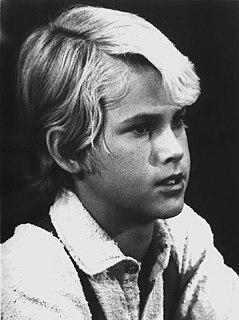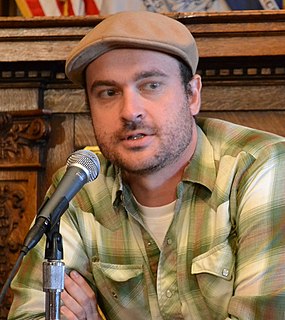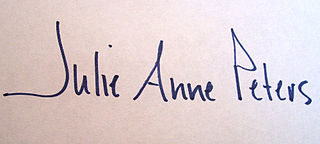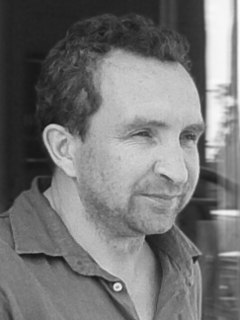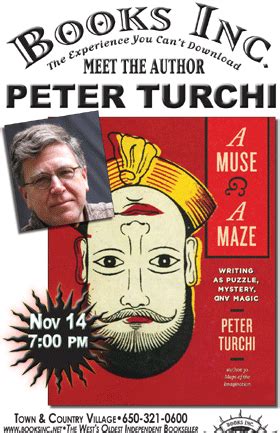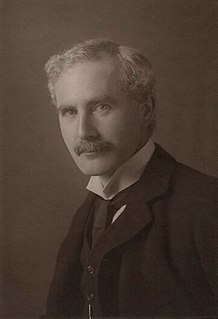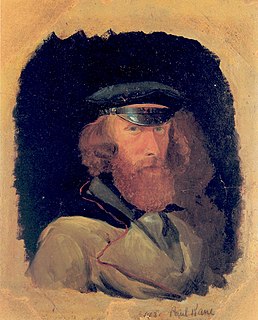A Quote by Michael Chabon
Literature, like magic, has always been about the handling of secrets, about the pain, the destruction, and the marvelous liberation that can result when they are revealed. If a writer doesn't give away secrets, his own or those of the people he loves, if he doesn't court disapproval, reproach and general wrath, whether of friends, family or party apparatchiks... the result is pallid, inanimate, a lump of earth.
Related Quotes
In all the known history of Mankind, advances have been made primarily in physical technology; in the capacity of handling the inanimate world about Man. Control of self and society has been left to to chance or to the vague gropings of intuitive ethical systems based on inspiration and emotion. As a result no culture of greater stability than about fifty-five percent has ever existed, and these only as the result of great human misery.
I think everybody comes to the table with a different point of view and a different need...A lot of Beverly Lewis' material revolves around secrets and bringing those secrets to light. So, you know, there's always that theme, that...we're as sick as our secrets and once they're revealed we can be set free from them. So, that's definitely a theme that resonates.
I feel like I've been lucky that I've never been put in a situation where I had to keep a serious secret. But what is true of me - and has to be true of everyone who's ever been in a family - is that our idealization of reality when we're children always has to fall apart. It's the narratives we didn't know about that pop up and redraw reality. You have to be able to integrate secrets into who you are. My family does not look now like it does when I was a kid. There was divorce. There were family secrets. There was definitely a difference between what I thought was true and what was true.
I wondered if parents had an easier time with the secrets their children kept than children did with the secrets of their parents. A parent's secrets seemed like some sort of betrayal, where my own just seemed like a fact of life and growing up and away. I was supposed to be independent, but he was supposed to be available. Him having his own life seemed selfish, where me having my own was the right order of things.
I don't sleep. All night long I'm wide awake, thinking, Secrets, secrets, secrets. There are secrets in my past no one needs to know. Secrets in my present that might kill Kim and Chip. I don't want to take my secrets with me when I go. When I pass through the light, i want to be free of everything and everyone.
If you meditate, meditation is so beautiful, who bothers about the result? And if you bother about the result, meditation is not possible. This result oriented mind is the only barrier, the only block. There are not many blocks, the only block is that of the result oriented mind: never here-now, always somewhere else thinking of the result; while making love, thinking about the result.
The challenges for the writer included deciding which secrets were most important, how many secrets revealed were too many, which characters should know which information when, and how the revelations would impact the rest of the family. All of those questions eventually lead back to one: What's at the heart of this book? Where does it want to focus, or toward what does it want to lead us?
The desire to give advice is itself a symptom of disapproval; and further, it is usually the result of a desire to express that disapproval. And we are most moved to give advice to those for whom our affection and regard may be taken for granted, but to whom we would rather express our disapproval. We cannot go to them and say that we disapprove of them. That would not be affectionate, and might lead to reprisals. But we can give them advice in which the disapproval is implied and which yet seems innocently helpful.
I don't think he was knowable. I mean, when most people talk about knowing somebody a lot or a little, they're talking about the secrets they've been told or haven't been told. They're talking about intimate things, family things, love things," that nice old lady said to me. "Mr. Hoenikker had all those things in his life, the way every living person has to, but they weren't the main things with him.
I love secrets. Here's a bunch of people who think they know each other over a long period of time. And they do. And they don't. Secrets aren't the same thing as shame, but they can fall in that category. I'm very interested in the ways that people are open and honest with one another and simultaneously in hiding. What we know about those we love is only part of the story. Who do we protect with our secrets? Others? Ourselves? These are questions that interest me in fiction. The public and the private self.



